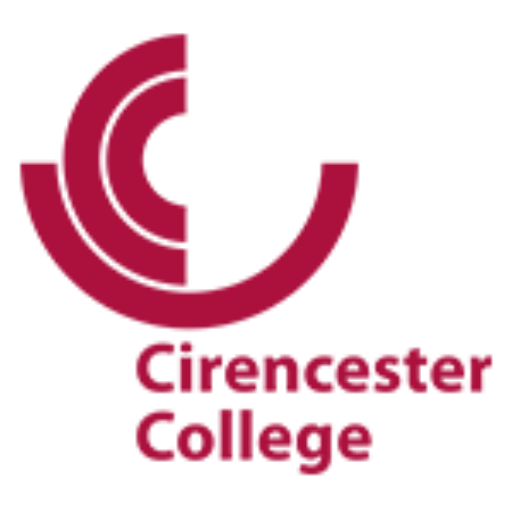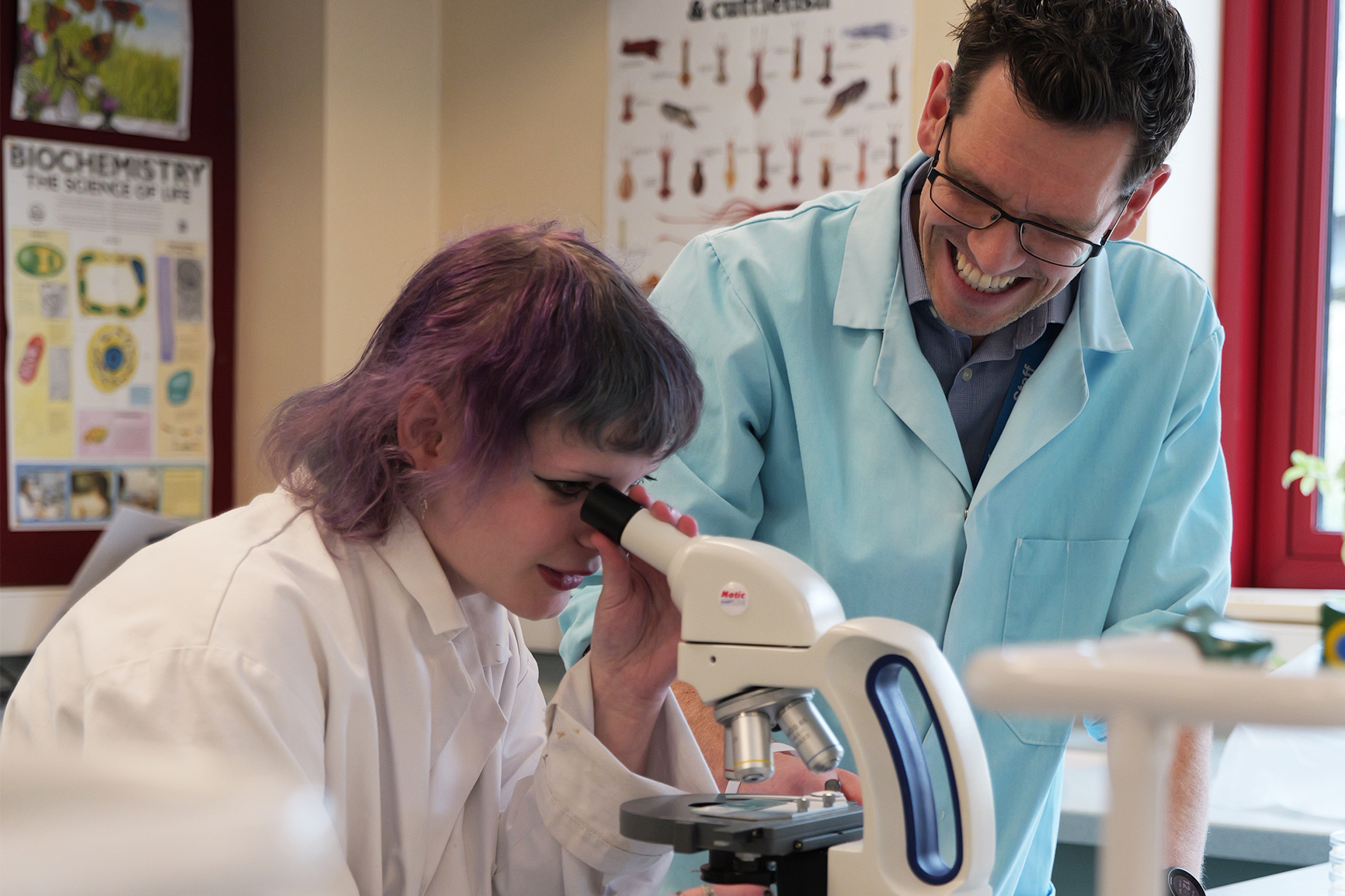
DO NOT DELETE OR EDIT THIS ROW OR ITS CONTENTS
Psychological wellbeing and mental health are at the forefront of society. Are you interested in gaining insights into mental health practice and theory? This course is perfect for those looking to work in the health and wellbeing sector. It covers core adult nursing knowledge and skills, best practices in healthcare, and an understanding of the NHS. With a specific focus on supporting mental health teams, you will undertake a major placement, working with patients and health professionals to develop your knowledge and skills. Over two years, you’ll build team and professional skills, preparing you for employment and providing essential knowledge for your chosen sector. This course also sets a strong foundation for university studies in mental health nursing.
What will I study in Health T-level: Mental Health?
The content of the Health T-Level has been built from the ground up by employers, and so there is no better way of ensuring that you have the employable skills necessary to excel. This includes learning the most up-to-date knowledge and understanding of what it means to work in the health sector. You will gain a deep understanding of biology and what makes living organisms from cells to human beings tick. You will grasp detailed knowledge of the jobs roles within the sector, including laws, regulations and how health systems all work together to keep people safe and healthy. Unique to the T-Level, you'll get the chance to learn practical skills like clinical tasks or taking physiological measurements, and how these can be used to give people the quality care they deserve.
On the Mental Health pathway, you will specifically study these areas:
- Assist with an individual’s overall care and needs to ensure comfort and wellbeing
- Assist registered health professionals with clinical or therapeutic tasks and interventions
- Undertake a range of physiological measurements
- Provide care and support to individuals with mental health conditions
- Assist the mental health team with mental health tasks and therapeutic interventions
- Promote mental wellbeing
Entry Requirements
5+ GCSEs at Grade 4 or above, including English Language, Maths and Science.
This course requires a Disclosure and Barring Service (DBS) check, we will be asking students to bring the necessary details to their enrolment appointment to complete this. You may be required to have additional vaccinations to work in the hospitals.
How will I learn?
The T-Level program will be taught in a way that immerses you as a worker in the sector. You will learn just as a health worker would, like working in teams and through practical demonstrations of skills. The ways that you showcase your talent will also be much like an actual health environment: with independent work, presentations and written reports.The classroom environment should be one of co-operation; teachers and students working together to get the most out of your qualification.
There is a large work experience component, designed to make sure that you have the best possible chance of securing your progression into work or further education as you proceed from the T-Level. You will be required to have undertaken 315 hours of work experience by the time you finish, and the focus on this will be to learn skills and competence on the job, as well as giving you a chance to reflect on your strengths and areas for development.
We work closely with NHS trusts in the area who provide placements for students on wards or within the community. We also have many students in other, private, health organisations, e.g., rehabilitation centres
How will I be assessed?
The T-Level is assessed in a variety of ways all with the needs of employers in mind. Your core component is assessed through two written exams as well as a project that you will complete based on a brief given from employers. This employer set project is a controlled assessment that you take over two weeks. Your occupational specialism is assessed through 'synoptic assessment' which is based on you demonstrating skills you've learned.
Any trips?
You will be off-site for one day a week to give you oppornity to culminate industry placement hours.
Whilst on site, you will have a training morning whereby professionals will be invited in to demonstrate different skills and techniques related to the nursing sector.
There will be opportunity for trips to univeristies to gain an insight into the health courses offered.
Are there any costs involved?
You should expect small costs for stationery and booklets to assist with the course. There may also be costs to pick up uniforms for practical work or to use at work experience.
Device Requirements
MacBook (8GB RAM minimum | M2 or above)
or
Windows laptop (8GB RAM minimum | Ryzen 3 or Intel i3 12th Gen or above)
If you already own a device that meets the technical requirements of your course, you are welcome to bring it with you to college.
If not, more information on a convenient rental and help-to-buy scheme designed specifically for Cirencester College students is linked below.
FAQs
You will learn the same core content as the Adult Nursing Pathway, including content linked to nursing theory and skills e.g. taking physiological measurements and the science aspects of the T level. You will have sessions focussed on your specialism linked to how to support the mental health team which will involve you looking at a range of psychological disorders, treatments and interventions.
Yes, one of the core elements is human biology where you will learn all about the human body systems and diseases and disorders that impacts on the health and wellbeing of the human body.
We will support you in finding a suitable work experience placement relevant to your course but you are able to source a suitable placement yourself too.
You may already have a job working in a relevant sector and this can count towards your hours or you may want to work with one of our NHS trusts which we will arrange.
Will I need to travel to placment and training?
Yes, you will need to arrange your own transport to travel to placement training and your placement which takes place one day a week over the two years of the course.
Sometimes, training may be in a different location and you may need to arrange a lift but the NHS trusts will provide notice of these dates.
The T-level course requires you to be in college 4 days a week and then on placement 1 day a week.
Unfortunately, there is no scope for additional course's and the T-level is equivalent to 3 A-levels which is recognised by the universities.
Absolutely not! Infact, the skills you will learn and develop on this course will be transferable across almost all career choices.
This course opens up the door into a career with the NHS and other health careers, but equally you could go on to study other courses.
Your work experience will provide you with many opportunities to develop employability skills which will help with your university, apprenticeship or job applications.
Unlike A-levels, T-levels involve a practical element to gain industry knowledge and skills and provide the opportunity to complete 315hrs of work experience which will give you a wealth of skills and practical experience to support your university applications.
Most, if not all, universities accept the T-level's and have been very impressed with the level of knowledge and skills our students have demonstrated at university interviews.
Awarding Body
NCFE
Available As
[168 UCAS pts. available]

Add to Application
What can I do after I have taken this course?
Available As
[168 UCAS pts. available]

Add to Application

DO NOT DELETE OR EDIT THIS ROW OR ITS CONTENTS
















